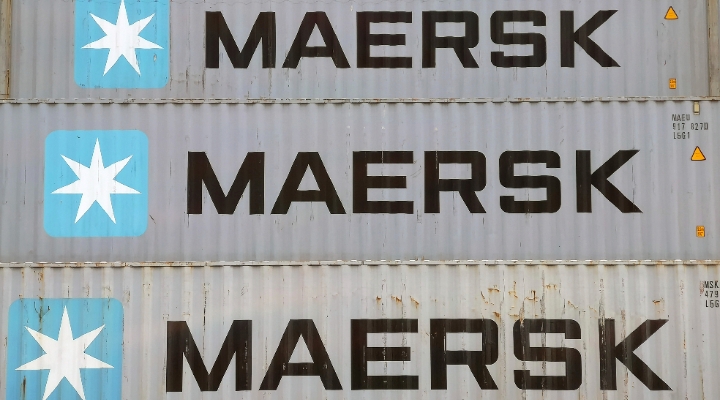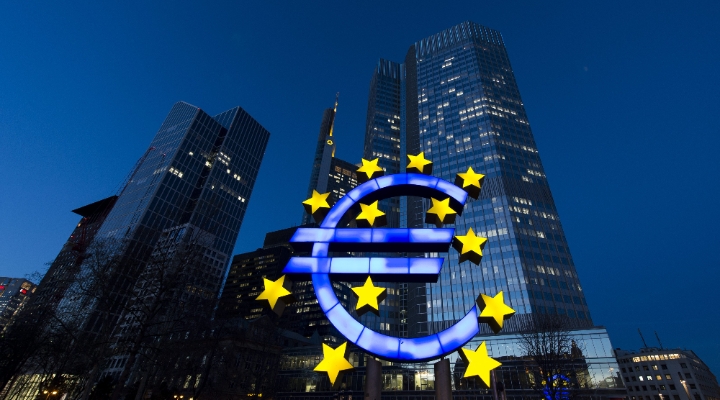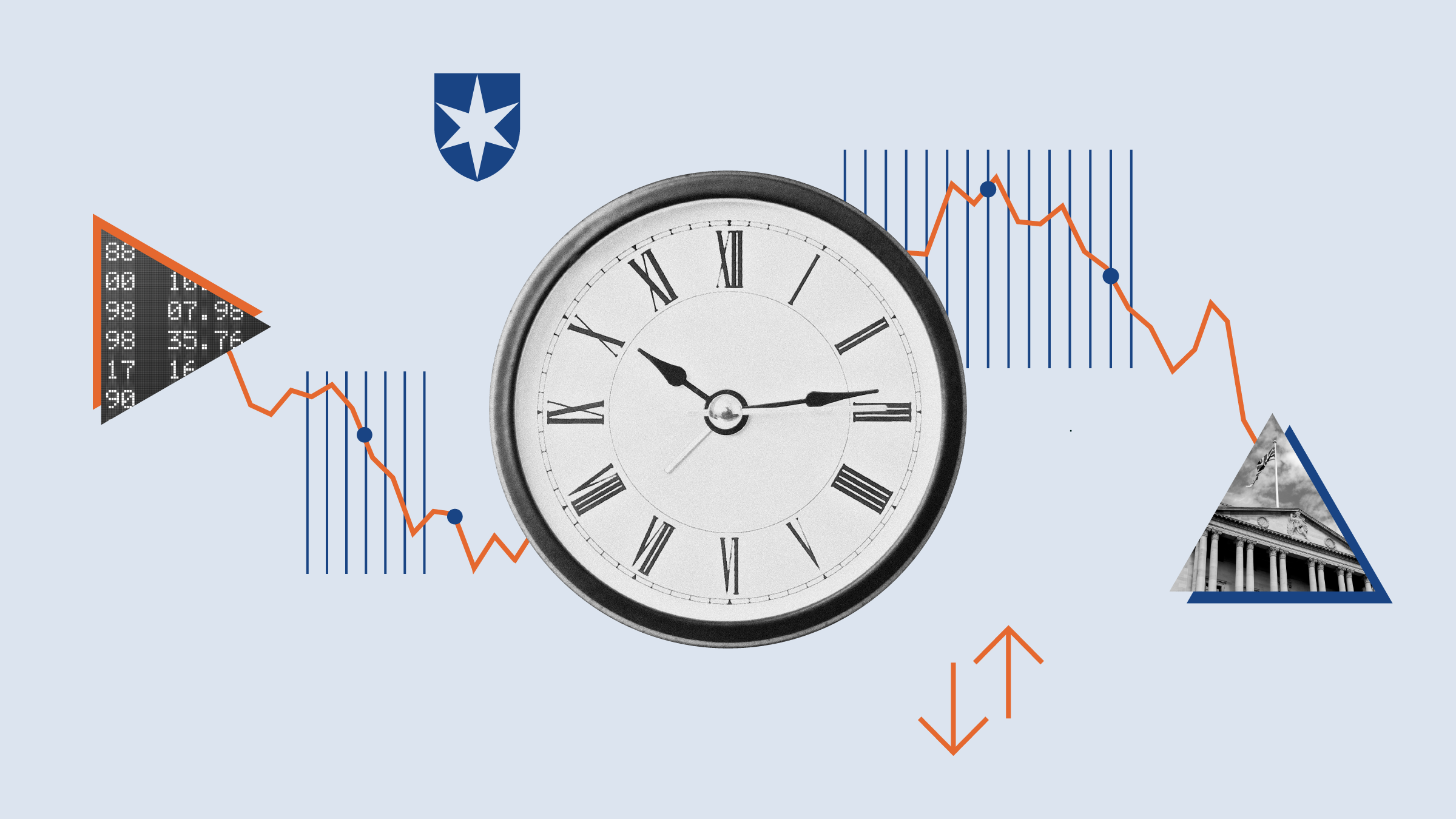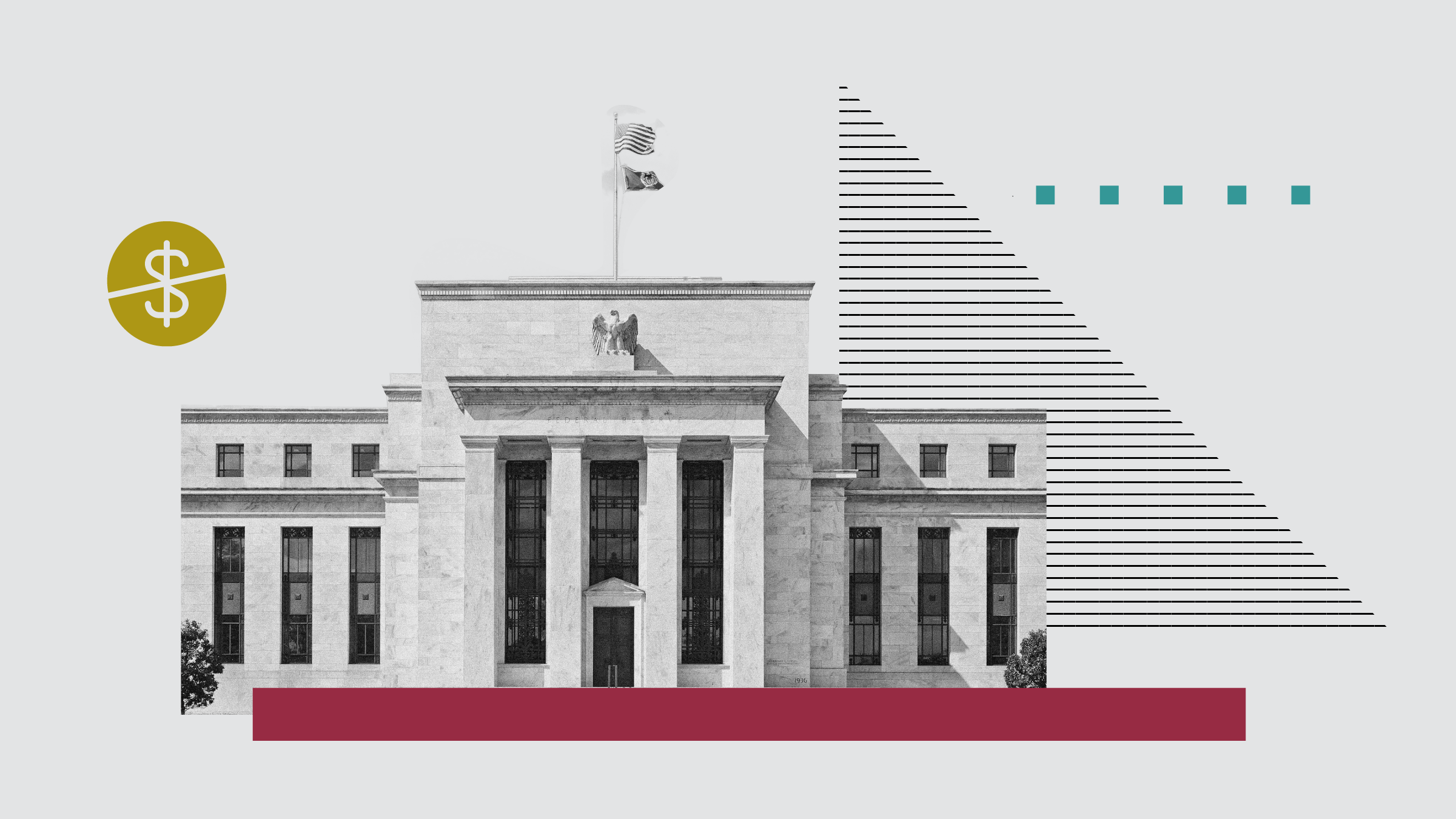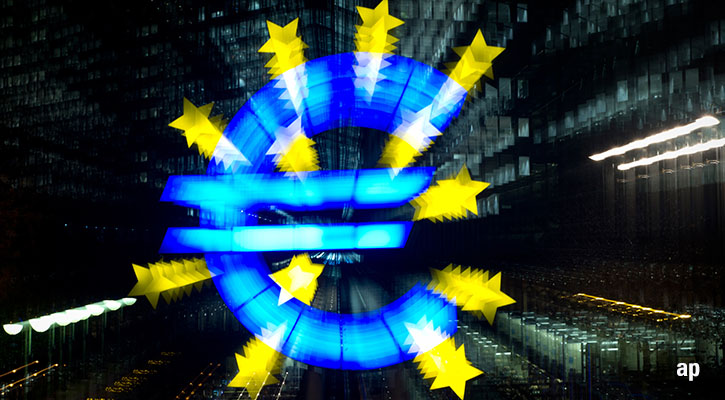
2023 was a good year for European markets., with the Morningstar Europe index returning 15.5% including dividends. At the same time, the Morningstar Developed Markets Europe Moat Focus index, a concentrated list of wide and narrow moat companies, gained 15.1%, slightly underperforming the broader market.
Most of this underperformance happened during the third quarter of 2023, when the moat-focused index lost 3.4% compared with a 0.8% decline for the Morningstar Europe index.
A number of the constituents in the moat focus index significantly underperformed during that period: Delivery Hero, Worldline, Smith & Nephew, Alstom and BMW respectively lost 30.6%, 20.7%, 18.3%, 16.5% and 13.2%. Those companies accounted for about 12% of the index.
Wide Moat Stocks For the Long Term
Among the wide moat European stocks, we have selected a number of undervalued names with a wide moat rating. This rating is based on the competitive positioning of each company, and their potential to generate a high return on capital over a very long period of time (20 years and more).
The companies have been chosen on the following criteria: their moat rating, their valuation, the uncertainty around the fair value estimate and their ESG risk rating (we excluded companies with high ESG risk).
At Morningstar we believe that buying quality companies that trade at a significant discount to their fair value is one way to generate attractive returns over the long term.
After the significant rise of equity indices in 2023, the following 10 companies trade at an average discount to their fair value estimate of 30%.
1. Roche
2. Elekta
3. Adyen
4. Rentokil Initial
5. Anheuser-Bush Inbev
6. GSK
7. Barry Callebaut
8. Richemont
9. Julius Baer
10. Edenred
10 Undervalued Companies in Detail
Roche
Price/Fair Value: 0.61
Morningstar Analyst Rating: ★★★★★
Capital Allocation: Exemplary
Sector: Healthcare
Despite a strong drug portfolio and industry-leading position in diagnostics, Roche trades at a significant discount to our estimated fair value. Yet, according to our analyst Karen Anderson, "this Swiss healthcare giant is in a unique position to guide global healthcare into a safer, more personalized, and more cost-effective endeavour." Roche recently announced the acquisition of Carmot Therapeutics for $2.7 billion upfront and an additional fee if certain milestones are reached. Carmot has three clinical-stage obesity programmes for patients, which could generate up to $4 billion in sales by 2027, according to Morningstar’s estimates.
Elekta
Price/Fair Value: 0.65
Morningstar Analyst Rating: ★★★★★
Capital Allocation: Standard
Sector: Healthcare
According to Morningstar’s analyst Alex Morozov, demand for radiotherapy should stay healthy over the next decade: "Elekta stands to benefit, but its success depends on the continuing adoption of [imaging technology] Unity as well as its ability to withstand competition from Siemens Healthineers.” A large part of Elekta’s future growth will come from emerging markets, where demographics and modernisation of healthcare systems are driving increased use of radiotherapy equipment. Since Elekta and Siemens Healthineers control about 95% of the new installations, their growing installed base and recurring business should help drive solid profitability over the long run.
Adyen
Price/Fair Value: 0.68
Morningstar Analyst Rating: ★★★★
Capital Allocation: Exemplary
Sector: Technology
After a volatile year in 2023 for its share price, online financial payments specialist Adyen has been able to reassure its investor base recently. Niklas Klammer recently wrote that last year’s selloff in the share price was exaggerated. Despite the recent setback in the US digital payments market, Adyen should be able to enjoy double-digit growth for the foreseeable future. “Adyen remains ahead of its competition in terms of capabilities and functionalities it can provide to its merchant customers. We are also of the opinion that their customers are and will be willing to pay for the additional functionality and better performance in the future”, says Klammer.
Rentokil Initial
Price/Fair Value: 0.69
Morningstar Analyst Rating: ★★★★
Capital Allocation: Exemplary
Sector: Industrials
“Rentokil Initial's strategy is sharply focused on the attainment and maintenance of market share leadership in the highly localised pest-control and hygiene-service markets it competes in”, says Grant Slade, equity analyst at Morningstar. The company aims to benefit from improving unit costs thanks to economies of density in each geography where it operates via organic growth and active acquisition policy. Rentokil has completed over 200 acquisitions since 2015. “In 2022, the acquisition of Terminix is a transformative and moat-reinforcing deal, creating a new U.S. market share leader”, Slade adds. “Pest-control targets remain Rentokil's top M&A priority, but tuck-in candidates for the hygiene segment are now also set to become a focus. The successful execution of the strategy has delivered a durable cost advantage for the pest-control business—the source of our wide economic moat rating”.
Anheuser-Busch Inbev
Price/Fair Value: 0.69
Morningstar Analyst Rating: ★★★★★
Capital Allocation: Exemplary
Sector: Consumer Defensive
After a series of significant acquisitions, Anheuser-Busch Inbev has become the largest beer producer in the world. “Management's strategy is to buy brands with a promising growth platform, expand distribution, and ruthlessly squeeze costs from the business”, says Philip Gorham, from Morningstar. The acquisitive company has turned into a “monster with vast global scale as well as regional density”, he adds. ABI controls monopolylike positions in Latin America and Africa, giving the company “significant fixed cost leverage and procurement pricing power.” This contributes to excess return on capital and “best-in-class operating and cash cycles.”
GSK
Price/Fair Value: 0.70
Morningstar Analyst Rating: ★★★★★
Capital Allocation: Standard
Sector: Healthcare
GSK is one of the largest pharmaceutical and vaccine companies in the world, focusing on creating the next generation of healthcare treatments. It has a portfolio of drugs that spans several therapeutic classes, which insulates the company from problems with a single product. It has developed next-generation treatments in respiratory and HIV areas which should help mitigate competition. “We expect GSK to be a major competitor in respiratory, HIV and vaccines over the next decade”, says Damien Conover, equity analyst at Morningstar. GSK has “shifted from its historical strategy of targeting slight enhancements toward true innovation. Also, it is focusing more on oncology and immune system, with genetic data to help develop the next generation of drugs”.
Barry Callebaut
Price/Fair Value: 0.71
Morningstar Analyst Rating: ★★★★★
Sector: Consumer Defensive
Barry Callebaut is a dominant player in the global chocolate industry, making it one of the lowest-priced manufacturers and an important outsourcing partner for its customers, according to Morningstar’s analyst Ioannnis Pontikis. The company has delivered volume growth higher than the industry, helped by rising outsourcing demand and the company’s exposure to emerging markets. The company should be able to grow its revenue by 3.5% on average and generate an operating margin of 7.9% over the next five years.
Richemont
Price/Fair Value: 0.73
Morningstar Analyst Rating: ★★★★
Capital Allocation: Standard
Sector: Consumer Cyclicals
Richemont is the third largest luxury company in the world in terms of revenue. The company controls a portfolio of “very successful global brands, mostly in the hard luxury segment”, according to Jelena Sokolova from Morningstar. Among those brands are Cartier, Vacheron Constantin, Jaeger-LeCoultre, IWC, Baume & Mercier or Van Cleef & Arpels. “Despite more pronounced cyclicality, hard luxury goods [which includes watches and jewellery] benefit from much longer product cycles and lower fashion risk”, she explains. Richemont’s revenue is expected to grow at about 6% over the next decade, according to Morningstar’s estimates, compared to our long-term forecast of 5% growth for the luxury industry.
Julius Baer
Price/Fair Value: 0.74
Morningstar Analyst Rating: ★★★★
Capital Allocation: Exemplary
Sector : Financial Services
“This is the world's largest pure-play private bank where investors get undiluted exposure to a firm advising the world's high-net-worth and ultra-high net-worth individuals”, says Johann Scholtz from Morningstar. “Pure private banking is a capital-light and cash-generative business. Baer does not offer investment banking or other services that are more capital-hungry, volatile, and less profitable” he adds. While the company recently suffered from nonrecurring charges for legal settlements and the integration costs of newly acquired businesses, it is a well-capitalised bank, which has a conservative distribution policy with a payout ratio of 40%. “Baer should be able to return more capital to shareholders via special dividends or share repurchases as [it] continues to build up its capital base organically”, according to Scholtz.
Edenred
Price/Fair Value: 0.79
Morningstar Analyst Rating: ★★★★
Capital Allocation: Standard
Sector: Financial Services
According to Michael Field, Edenred is the world leader in prepaid corporate services, with its main business in employee benefits, such as meal vouchers: "This market is highly concentrated: in Brazil, for example, Edenred is the number-one player, followed closely by peers Sodexo and Alelo. Together, the three control 90% of the market. Edenred has a presence in 46 countries and holds the number-one or number-two spot in each of its key markets.” The company has a significant presence in emerging markets, which can bring volatility to earnings, but generates high profit margins, “partly due to their higher use of digital vouchers”. Edenred’s strategy is focused on diversifying into other areas (such as expense management), and adding new countries to its portfolio, mostly on an organic basis.








.jpg)
